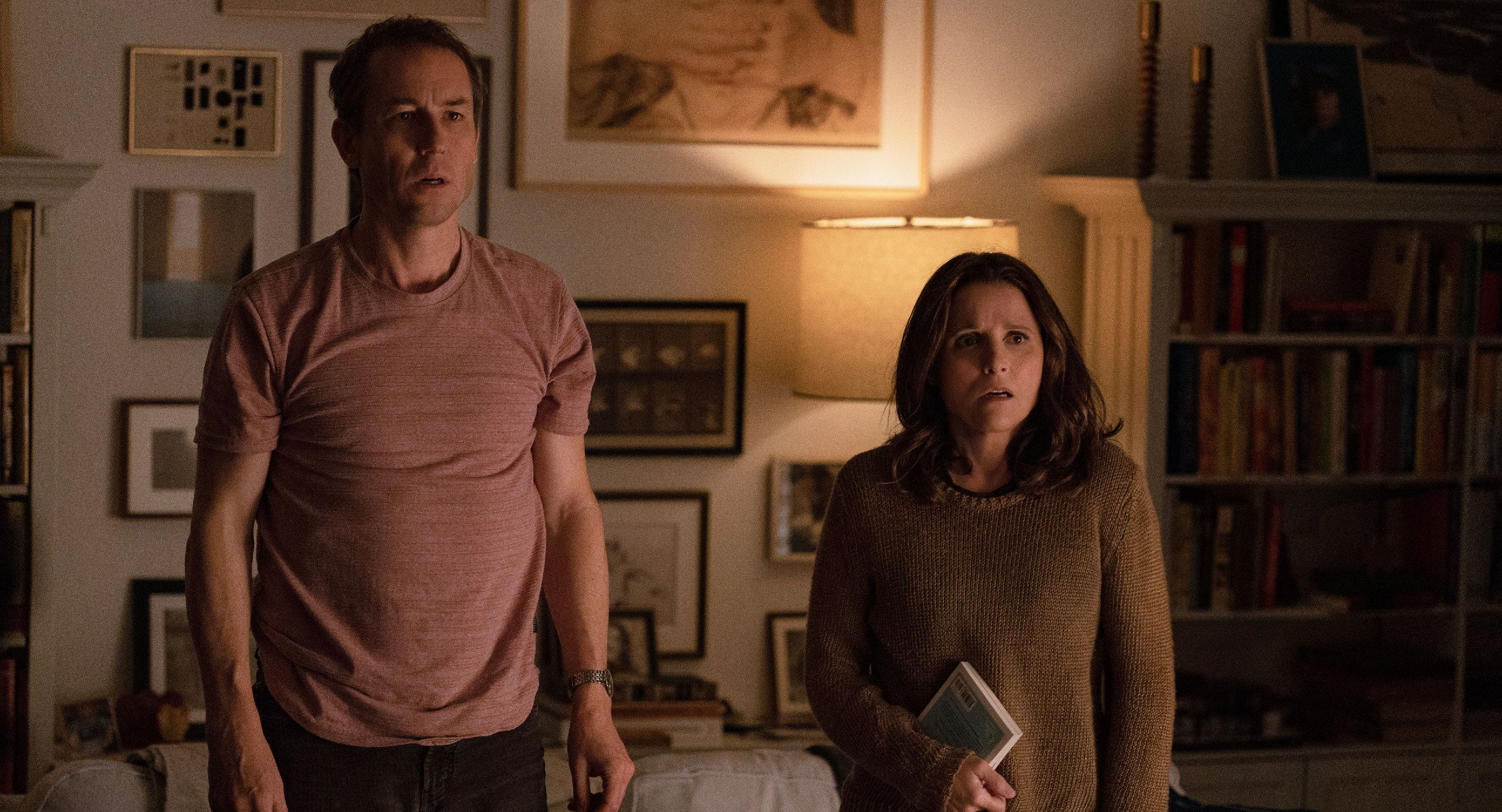You Hurt My Feelings – Film Review
Published June 23, 2023

Beth struggles with a lack of self-confidence, and her marriage with unsuccessful therapist Don is affected by a betrayal. Before this, they had a peaceful but co-dependent relationship, which makes their only child uncomfortable. Beth’s sister helps her cope with the pain, possibly because of her own struggles with husband Mark, who is a struggling actor.
In the latest film from director Nicole Holofcener, a heartfelt exploration of human emotions and relationships unfolds on the screen. The story revolves around a woman named Beth, who grapples with a profound lack of self-confidence while her marriage to an unsuccessful therapist, Don, is shaken by a painful betrayal. Together, they navigate the complexities of their co-dependent relationship, which has created a sense of unease in their only child. Beth finds solace and support from her sister, who may have her own struggles with her husband, Mark, a struggling actor.
At the heart of this film is the strong and deeply funny lead performance by Julia Louis-Dreyfus. Known primarily for her iconic role as Elaine Benes in Seinfeld, Louis-Dreyfus proves her versatility and range as an actress. She effortlessly portrays Beth’s inner turmoil, showcasing a multi-layered performance that blends vulnerability, humor, and authenticity. It is refreshing to see Louis-Dreyfus take on roles that transcend her previous television success, and she shines brilliantly in this film.
Holofcener’s direction captures the rawness of human emotions with a delicate touch. The film delves into the complexities of relationships, exploring the consequences of betrayal and the insecurities that plague individuals. The script, penned by Holofcener herself, displays moments of genuine wit and humor, which serve as a respite from the emotional weight of the story. Louis-Dreyfus’s comedic timing and delivery elevate these moments, providing much-needed levity to the narrative.
However, despite the film’s strengths, it does suffer from pacing issues and occasional dullness. Clocking in at just a little over ninety minutes, one would expect a tightly paced and engaging experience. Unfortunately, the film fails to maintain a consistent momentum, resulting in periods of sluggishness that make the overall viewing experience feel longer than it actually is. It becomes evident that the screenwriter struggled to fill the running time effectively, leading to moments that could have been trimmed or restructured to maintain a more captivating flow.
Nevertheless, the film manages to explore the complexities of relationships and human vulnerability with nuance and sensitivity. Beth’s struggle with self-confidence resonates deeply, as it reflects a universal longing for self-acceptance and validation. Holofcener’s keen eye for human behavior and emotional intricacies shines through, allowing the audience to connect with the characters on a profound level.
Visually, the film is understated yet aesthetically pleasing. The cinematography captures the intimate moments between characters with a naturalistic approach, emphasizing their emotional states and interactions. The muted color palette reflects the somber tone of the story, while the subtle use of lighting and composition further enhances the film’s visual appeal.
You Hurt My Feelings offers a compelling exploration of self-confidence, marriage, and the complexities of human relationships. Julia Louis-Dreyfus delivers a standout performance, showcasing her versatility as an actress. While the script occasionally suffers from pacing issues and moments of dullness, Holofcener’s direction and her ability to capture raw human emotions elevates the film. It is a thought-provoking and deeply funny portrayal of human vulnerability, leaving the audience with a renewed appreciation for the complexities of our own feelings and interactions with others.
